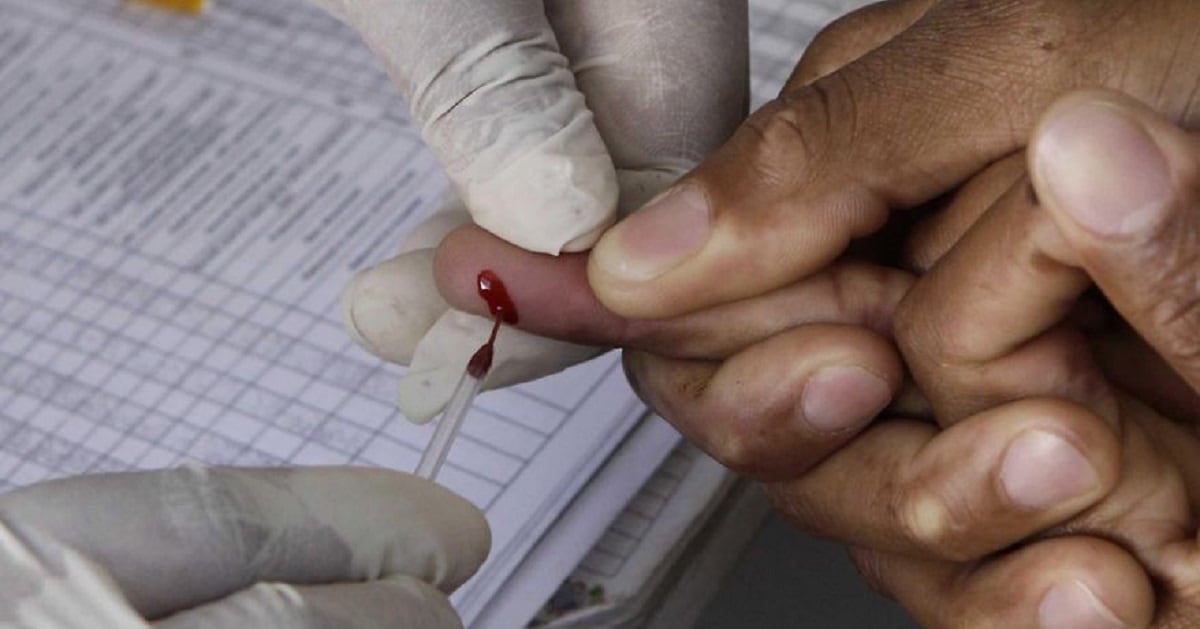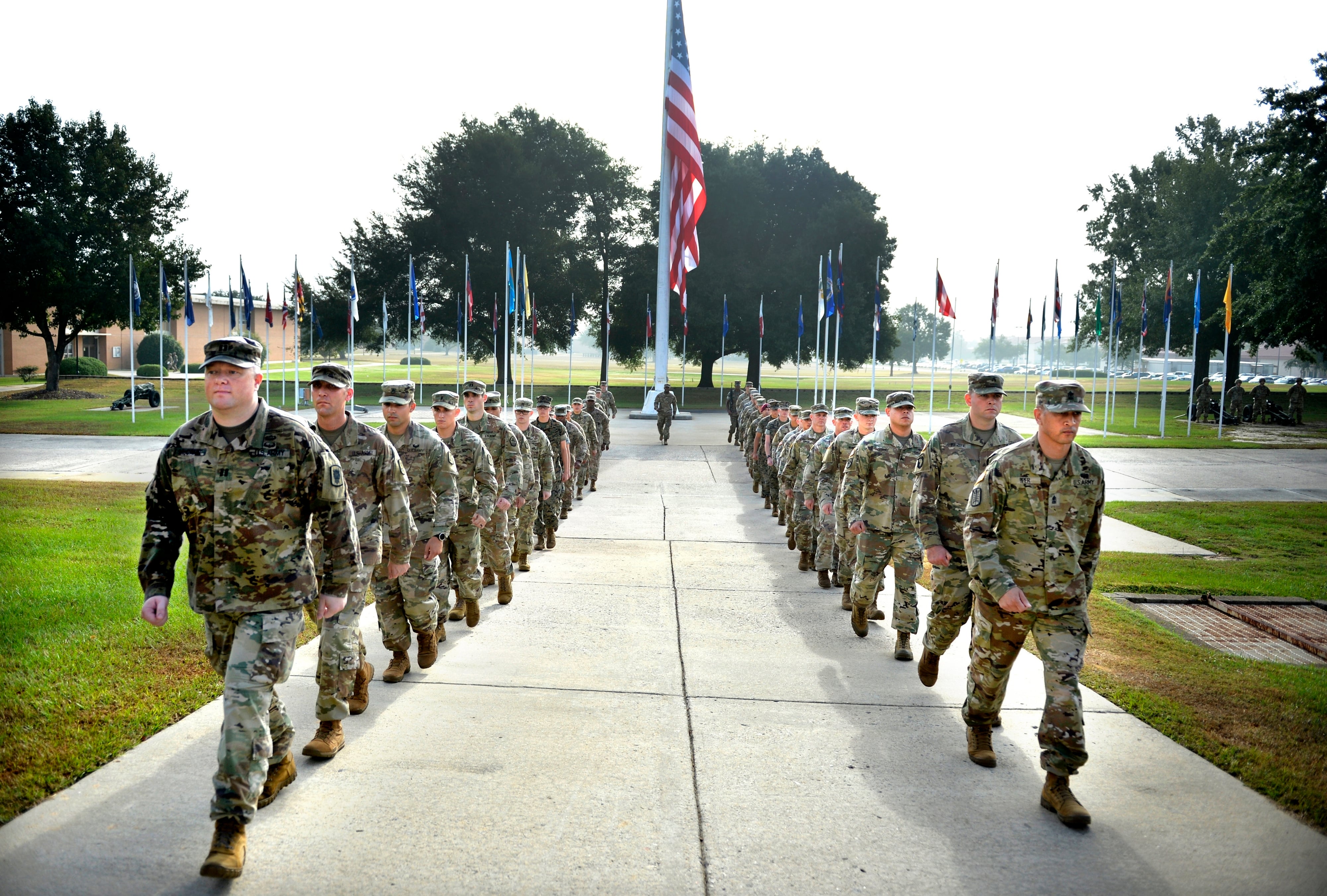A federal appeals court has ruled that a lawsuit challenging the dismissal of two U.S. service members for being HIV positive may continue.
In a unanimous decision issued Friday, a three-judge panel on the U.S. Court of Appeals for the 4th Circuit said the Air Force failed to consider “current HIV treatments and transmission risks” in moving to discharge two airmen in late 2018 who were diagnosed with the human immunodeficiency virus.
While HIV-positive personnel are allowed to serve in the U.S. military, those who have the virus are barred from joining the military and newly diagnosed troops are not allowed to serve in combat zones.
The Air Force determined that the plaintiffs, known by the pseudonyms Richard Roe and Victor Voe, were not deployable because of their HIV status, and began discharge proceedings under a “deploy or get out” initiative started by former Secretary of Defense James Mattis.
Lawyers for the two filed an injunction to halt the proceedings and a lawsuit on grounds they were wrongfully terminated. A circuit court judge ruled in favor of the plaintiffs last February, a decision upheld by the 4th Circuit Court.
In the decision, Judge James A. Wynn Jr., accompanied by Judge Albert Diaz and Judge Henry F. Floyd, wrote that the Air Force may have acted “arbitrarily and capriciously” in dismissing the airmen.
They said while a deployment ban may have been justified when HIV treatments were less effective for treatment and mitigating transmission, but times have changed.
"Any understanding of HIV that could justify this ban is outmoded and at odds with current science,” they wrote.
Last February, District Judge Leonie M. Brinkema of the U.S. District Court for the Eastern District of Virginia supported the plaintiffs, saying the Air Force did not take into consideration their physical health and fitness for deployment and simply “relied on an arbitrary, across-the-board determination that HIV-positive service members must be deemed ineligible to deploy to [U.S. Central Command].”
Her decision quashed the Pentagon’s efforts to enforce the dismissal policy across the military services. According to the LGBTQ advocacy group OutServe-SLDN, four additional service members have been identified as having been found unfit for duty and discharged for their HIV status, while in another ongoing case in Virginia, Army National Guard Sgt. Nicholas Harrison is challenging the DoD policy that bars HIV-positive enlisted personnel from becoming officers.
RELATED

The Pentagon appealed on the basis that the discharges were a military matter and not a case for judicial review. But the appeals court judges rejected that argument and condemned the deployment ban.
“These service members, like other HIV-positive individuals with undetectable viral loads, have no symptoms of HIV ... They cannot transmit the virus through normal daily activities, and their risk of transmitting the virus through battlefield exposure, if the virus can be transmitted at all, is extremely low,” they wrote.
Prior to Roe and Voe’s discharge proceedings, their their commanders and physicians recommended they be retained. According to the 4th District decision citing military studies, of 1.13 million Army soldiers who deployed to Iraq or Afghanistan between 2001 and 2007, 131 tested positive for HIV after previously testing negative.
In 2017, at least 13 airmen served overseas in support of “vital missions’ who were HIV positive, according to the original suit, drafted by Lambda Legal, OutServe-SLDN and partner law firm Winston & Strawn.
"In light of major advancements in medical treatments, there is no legitimate reason these service members cannot or should not be able to continue to serve their country. It’s past time for the Department of Defense’s outdated policies to catch up with modern science,” said Peter Perkowski, legal and policy director for the Modern Military Association of America, a military and veterans LGBTQ advocacy group.
The Justice Department declined to comment on the litigation.
Patricia Kime is a senior writer covering military and veterans health care, medicine and personnel issues.





